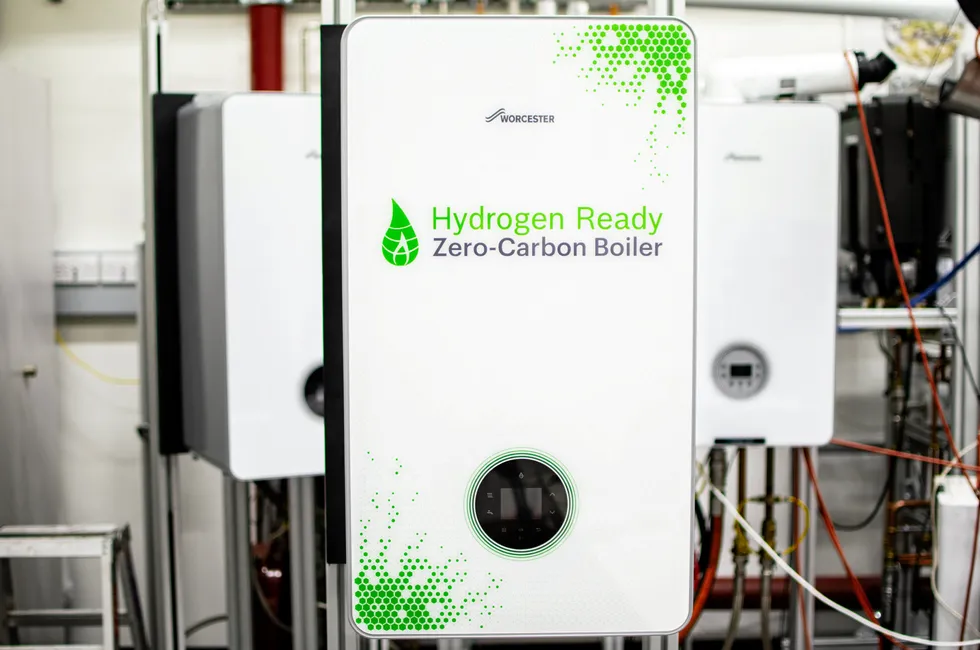Hydrogen heating | Germany sets 2035 date for fossil-gas networks to switch to clean H2 or switch off
Outcry after coalition government agrees on new legislation that would allow 'hydrogen-ready' boilers to burn 100% natural gas until 2035

Outcry after coalition government agrees on new legislation that would allow 'hydrogen-ready' boilers to burn 100% natural gas until 2035
